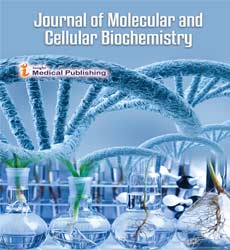Metabolic Management of Cancer
Abstract
Background: In light of the mitochondrial metabolic theory, cancer could be considered a metabolic disease. It has been suggested that cancer metabolic therapies, including ketogenic diets (KD) may be useful to exploit differences in metabolism from non-neoplastic cells. In this systematic review and meta-analysis of randomized controlled trials (RCTs) we aimed to investigate the efficacy of KD as an adjuvant therapy in the treatment of cancer compared to a traditional non-ketogenic diet.
Methods: In this study, databases such as MEDLINE/PubMed, Web of Science, SCOPUS, EMBASE, and Cochrane Central Register of Controlled Trials were searched. Only RCTs that involved cancer participants that were assigned to dietary interventions including a KD group and a control group (any non-ketogenic dietary intervention) were selected. Two reviewers independently extracted the data, and the meta-analysis was performed using a fixed-effects model or random-effects model depending on the I2 value or p-value
Conclusion: We found that KD might result in a greater reduction in glucose, IGF-1, ketosis, weight, BMI, and fat mass in cancer patients compared to traditional non-ketogenic diets. According to our data, additional well-designed RCTs with larger sample sizes are needed to evaluate if KD can be routinely used as an adjuvant therapeutic component in cancer patients.
Open Access Journals
- Aquaculture & Veterinary Science
- Chemistry & Chemical Sciences
- Clinical Sciences
- Engineering
- General Science
- Genetics & Molecular Biology
- Health Care & Nursing
- Immunology & Microbiology
- Materials Science
- Mathematics & Physics
- Medical Sciences
- Neurology & Psychiatry
- Oncology & Cancer Science
- Pharmaceutical Sciences
